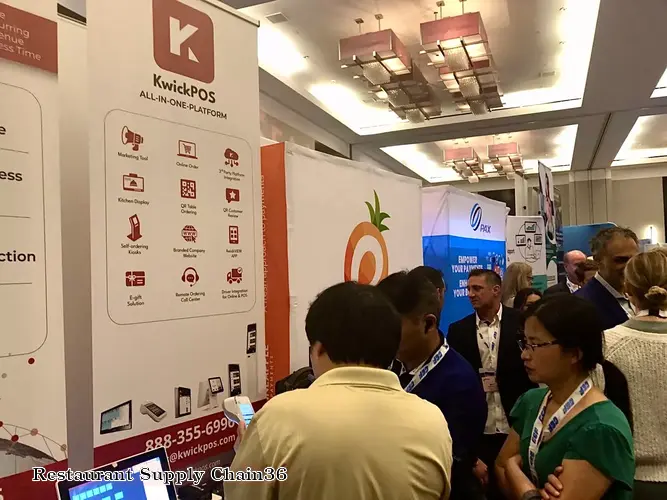

A supply chain is the system of organizations, people, activities, information, and resources involved in moving a product or service from supplier to customer. In the context of a restaurant, the supply chain includes all the steps involved in procuring, storing, and preparing ingredients and other supplies that are used to create and serve menu items.
Here are some key aspects of a restaurant supply chain:
1. Procurement: This refers to the process of sourcing and purchasing ingredients and other supplies. Restaurants typically work with a variety of suppliers, including food distributors, produce farms, meat and seafood vendors, and equipment manufacturers. The procurement process involves evaluating potential suppliers based on factors such as quality, price, reliability, and sustainability.
2. Inventory management: Restaurants must carefully manage their inventory levels to ensure that they have enough ingredients on hand to meet customer demand, while also minimizing waste and reducing costs. This involves tracking inventory levels, monitoring stock levels, and ordering supplies in a timely and efficient manner.
3. Storage and logistics: Restaurants must have adequate storage space to house ingredients and other supplies. This may include refrigeration and freezer units, dry storage areas, and equipment storage. Restaurants must also develop logistics plans to ensure that supplies are delivered on time and in good condition.
4. Food preparation: Once ingredients are received, they must be prepared for use in menu items. This involves washing, chopping, slicing, and cooking ingredients, as well as assembling menu items. Restaurants must follow strict food safety protocols to ensure that food is prepared and stored properly.
5. Waste management: Restaurants generate a significant amount of waste, including food waste, packaging waste, and other materials. Effective waste management is essential to minimize environmental impact and reduce costs.
To optimize their supply chain, restaurants must develop strong relationships with suppliers, implement efficient inventory management systems, and prioritize food safety and waste reduction. By doing so, they can reduce costs, improve operational efficiency, and enhance the overall dining experience for customers.
DISCLAIMER: This information is provided for general informational purposes only, and publication does not constitute an endorsement. Kwick365 does not warrant the accuracy or completeness of any information, text, graphics, links, or other items contained within this content. Kwick365 does not guarantee you will achieve any specific results if you follow any advice herein. It may be advisable for you to consult with a professional such as a lawyer, accountant, or business advisor for advice specific to your situation.
today
Copyright © 2026 Kwick365.com
Designed by KwickPOS is the best restaurant POS